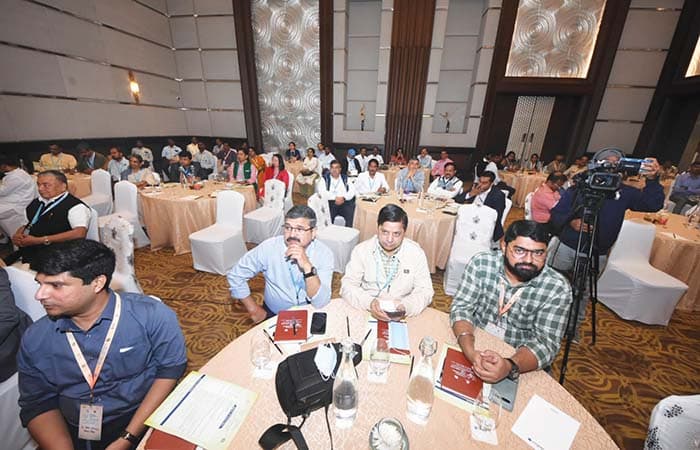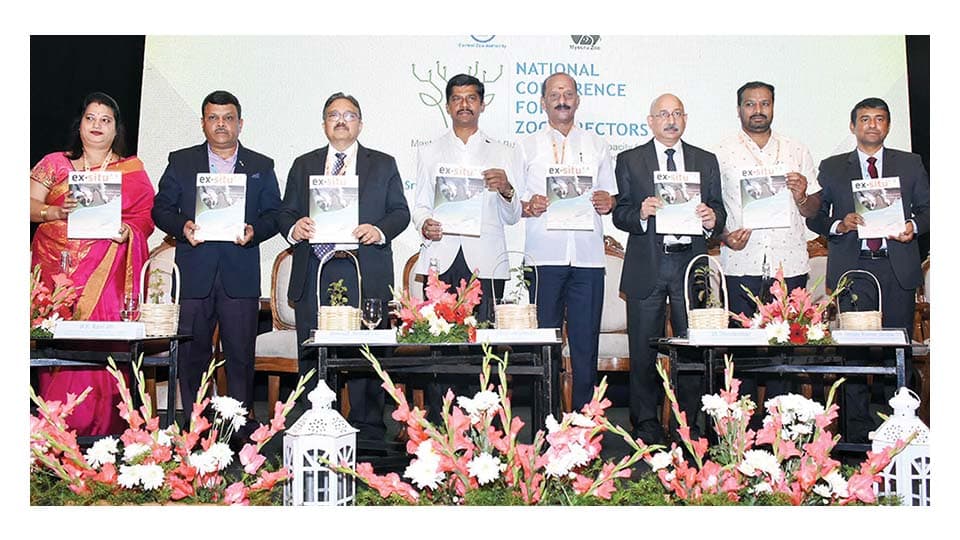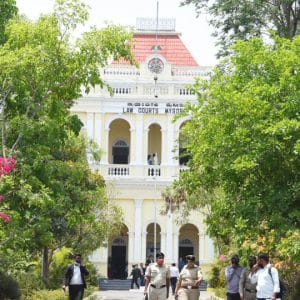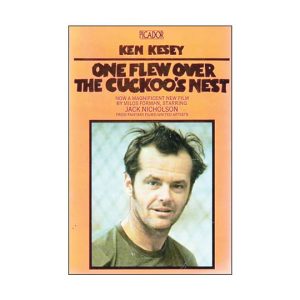Mysuru: Good Zoos are conservation agencies as they not only provide a critical haven for endangered species but also a unique environment to learn both from and about animals. In order to share these learnings with other Zoos across India, a two-day National Conference for Zoo Directors began at Hotel Radisson Blu Plaza here this morning.
Over 57 delegates including directors and representatives from 25 States are attending the conference to utilise critical information on Zoo maintenance and its allied topics including conservation of wildlife through captive breeding, rescue and rehabilitation and research and educational programmes. The crux of the conference is improving the relationship between people and wildlife and conservation.
The delegates will debate on master planning and building capacity for species management and conservation breeding. The conference is organised by Central Zoo Authority (CZA) and Zoo Authority of Karnataka (ZAK).
Of the 57 delegates, 14 are resource persons who will deliver lectures on various topics and four senior retired Indian Forest Officers will address the delegates on conservation and Zoo management. Additional Chief Secretary, Karnataka Forest Department Jawaid Akhtar inaugurated the conference in the presence of CZA Member-Secretary Dr. Sanjay Kumar Shukla.
Principal Chief Conservator of Forests and Head of Forest Force, Karnataka Forest Department, Raj Kishore Singh, Mayor Shivakumar, ZAK Member-Secretary B.P. Ravi, ZAK Chairman M. Shivakumar, Mysuru Zoo Executive Director Ajit M. Kulkarni, ZAK members Gokul Govardhan and Jyothi Rechanna were present.

Planning of conservation breeding
In his remarks, Dr. Shukla said that the conference was organised with the objective of capacity building with focus on the planning of conservation breeding programmes for endangered species, research initiatives, use of innovation and technology in scientific management in Zoos, species acquisition plans and building collaborations.
“The CZA is carrying out the Management Effectiveness Evaluation in 39 Indian Zoos and this kind of evaluation encourages self-reflection and is essential for all-round development and bridging gaps,” he said.
Conservation of nature, particularly wild fauna, has remained a high priority of the Government and Zoos play an important role in the ex-situ conservation of wildlife through conservation breeding, rescue and rehabilitation.
Centres of research and education
“Zoos have turned into centres of research and education and through unique initiatives, Zoos have emerged as centres for education and awareness. The Zoo visitation provides an opportunity to sensitise people of all age groups about wildlife conservation,” he added.
He advised that Zoos should emphasise programmes for children and youth and build meaningful collaborations with regional and national natural history museums. “Zoos should not only be places for scientific learning but also become integral to the culture of the region. The aim is sustainable development of Zoo animals that takes care of the health of captive animals and co-existence with the local population,” Dr. Shukla added.
Despite the challenges brought forth by the pandemic in the past years, Zoos of India have taken up various initiatives to sustain and improve animal welfare.
“Wild animal trafficking is a major challenge Zoos and conservationists are faced with these days,” he said.








Recent Comments